Articles containing: parents
Parents Under Pressure: A Response to the Recent U.S. Surgeon General’s Advisory on the Mental Health
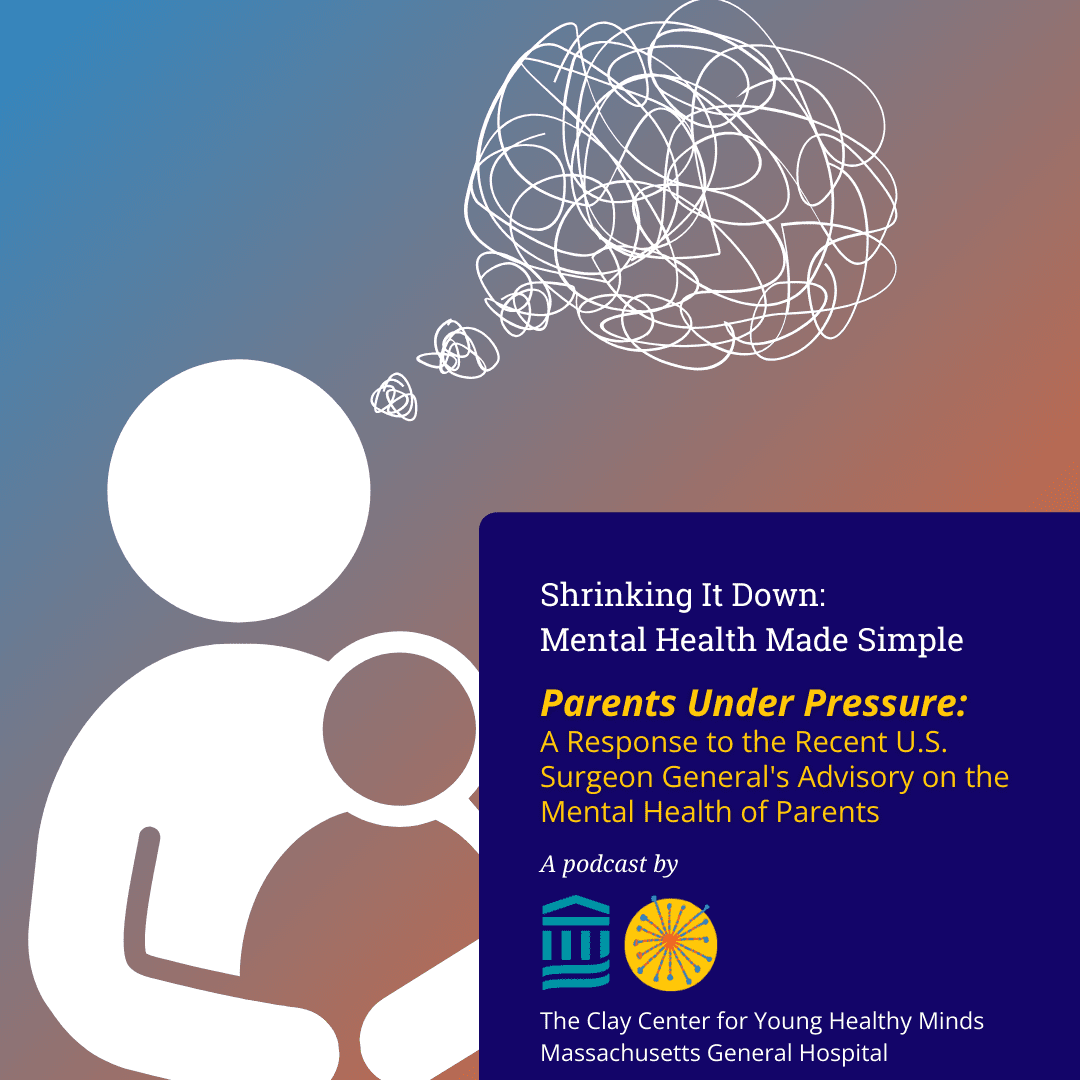
In the recent Advisory, Parents Under Pressure, the US Surgeon General noted that parents are currently more stressed, burned out, and lonely than ever before. The alarming statistics are not all that different than his Advisories on the Youth Mental Health and Loneliness Epidemics that have been escalating since the late 1970s.
Parental Stress: Practical Tips in Response to the New Surgeon General’s Advisory
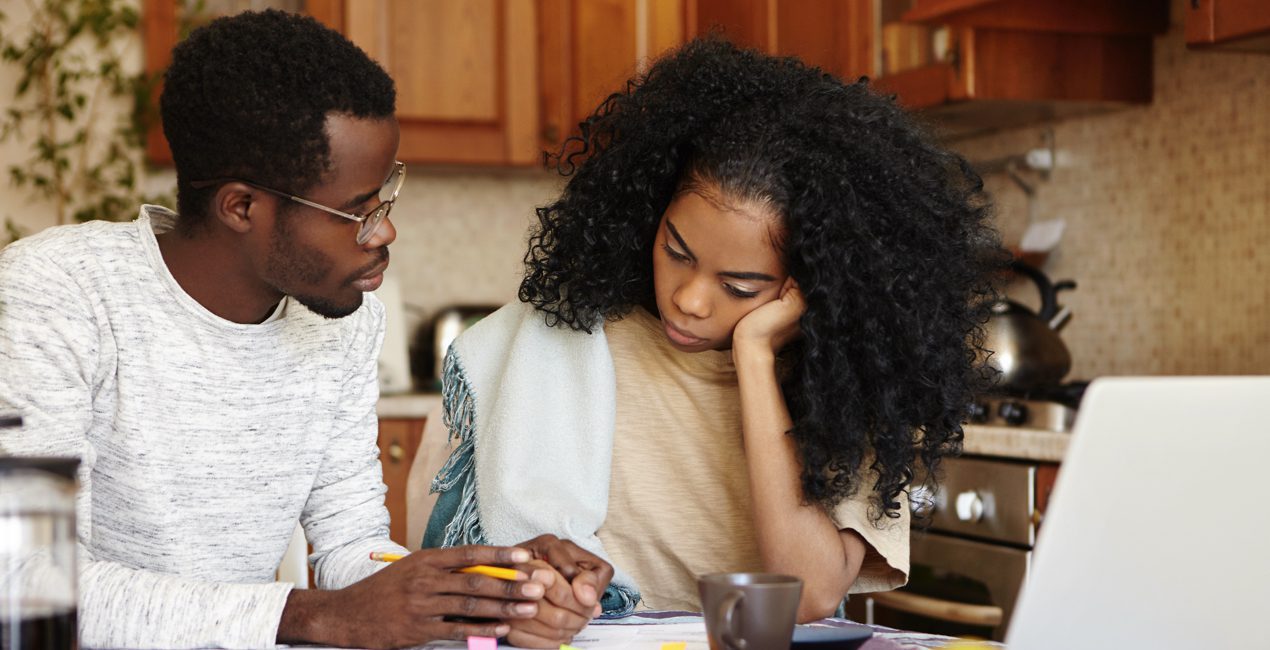
In the recent Advisory, Parents Under Pressure, the US Surgeon General noted that parents are currently more stressed, burned out, and lonely than ever before. The alarming statistics are not all that different than his Advisories on the Youth Mental Health and Loneliness Epidemics that have been escalating since the late 1970s.
How Do We Heal From Here? A Guide for Families and Our Nation
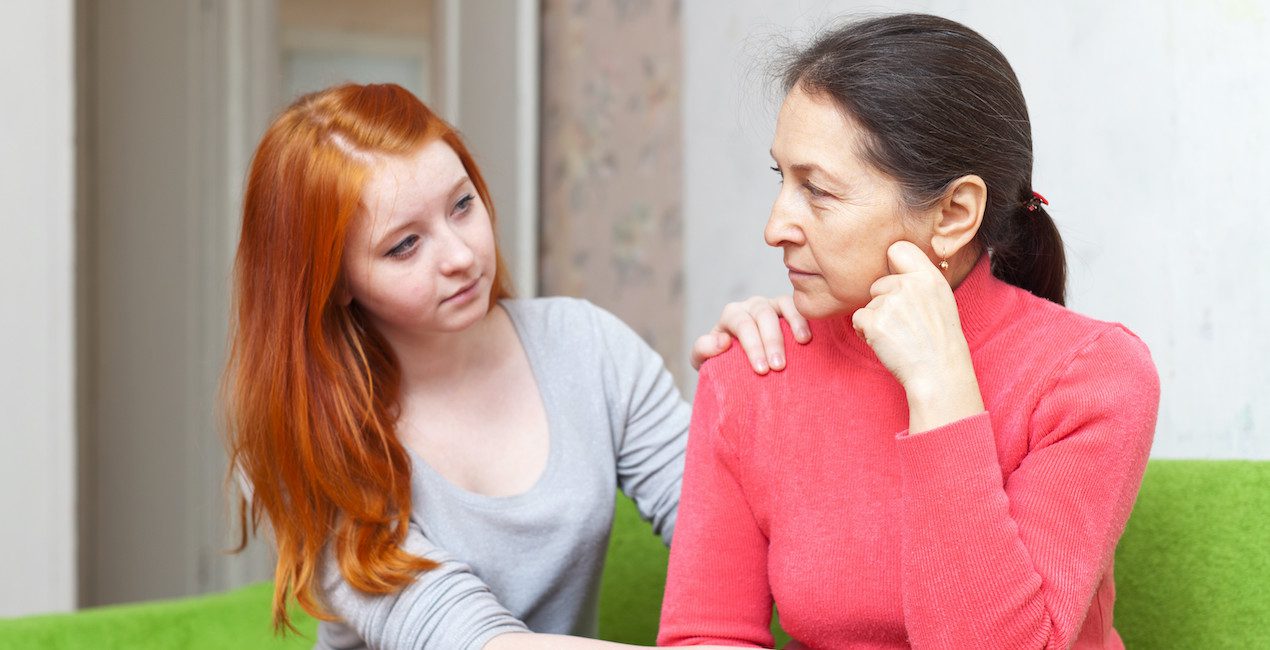
I cannot think of a time in recent history when our nation was more polarized, and resentment and anger so pervasive. One thing we know, though, is that our kids and teens are watching, picking up on, and asking questions about the intensity of it all. There are calls for unity and healing almost everywhere we turn.
Q+A: My 9-year-old grandson often feels that his younger brother gets more attention than he does. How can I help him feel that he’s getting the same amount of time and attention?
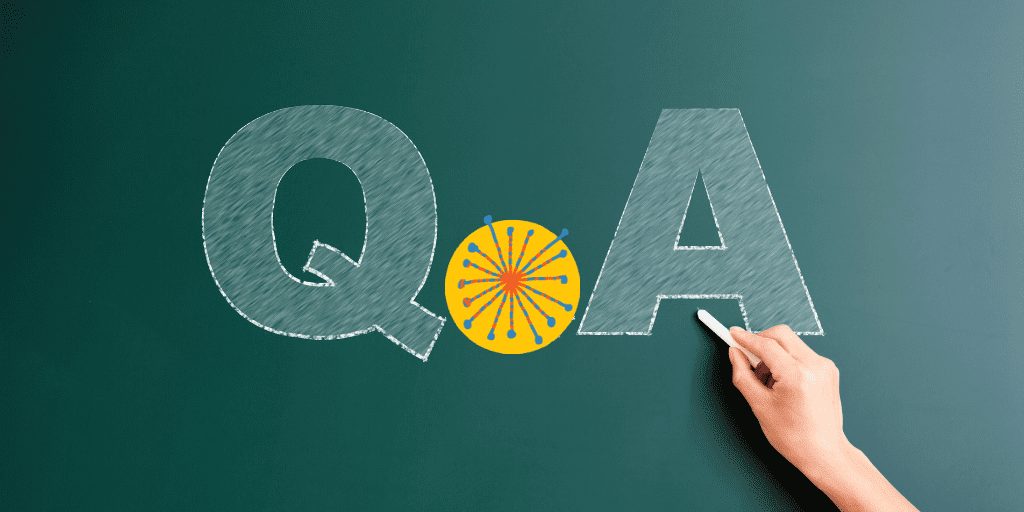
For answers to more caregiver questions about responding to kids’ big emotions in a healthy way, tune in to our “Ask Ellen” Q+A with Dr. Ellen Braaten.
My 9-year-old grandson often feels that his younger brother gets more attention than he does.
How to Understand Your Child’s “Anxiety Monster”
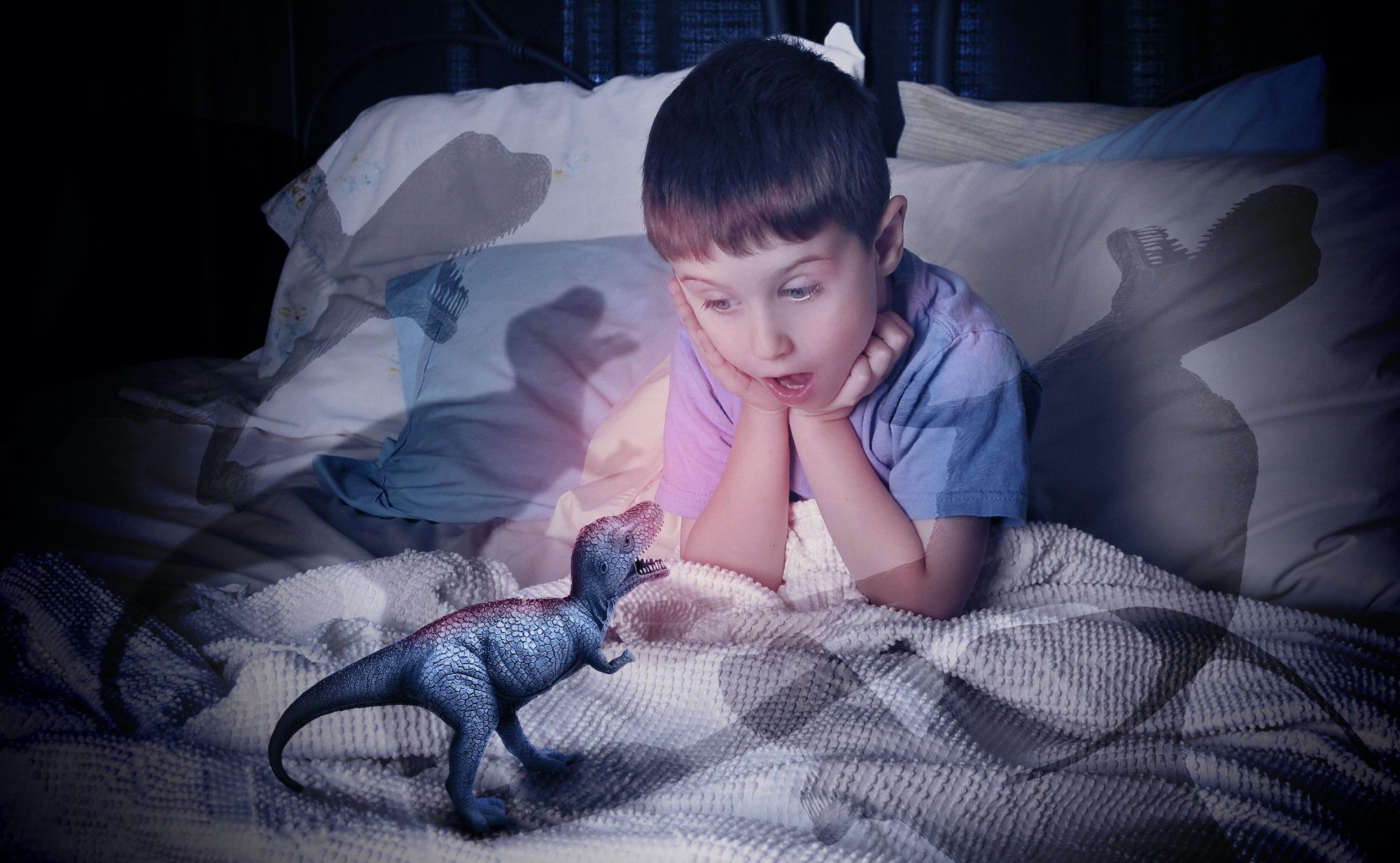
As a child psychiatrist who’s seen patients in many different settings, including doing psychotherapy and managing medications, I’ve found that talking about anxiety with kids and adults alike is hard to do in a way that helps them understand what anxiety is, while preparing and motivating them for what can be a difficult treatment journey.
The Value of Being a Grandparent: 7 Ways to Support Your Grandchild’s Mental Health
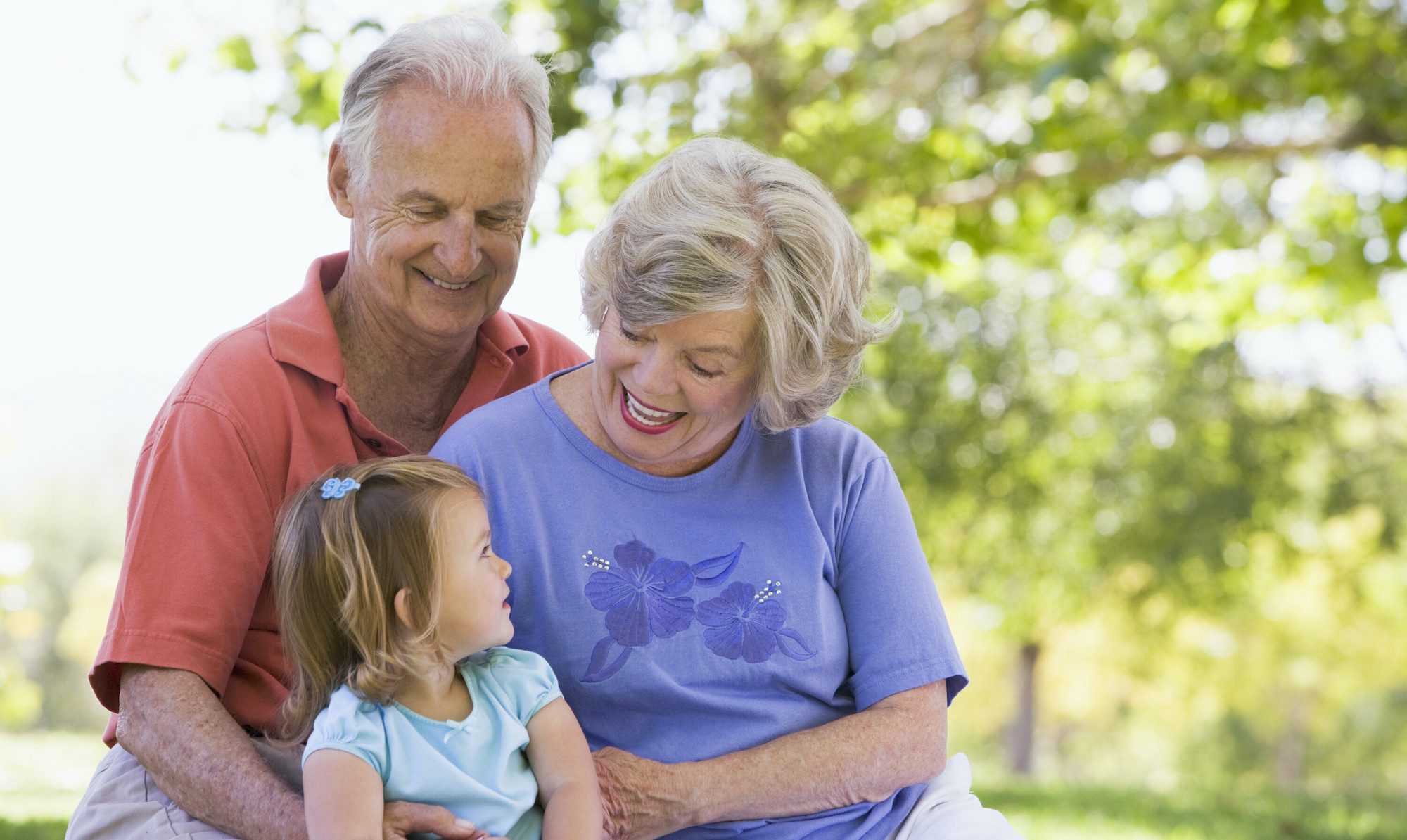
I’ve reached the age of becoming a grandparent. So have many of my friends.
There’s something quite special about this experience.
Bipolar Disorder and The Arts: Mark Vonnegut’s Story
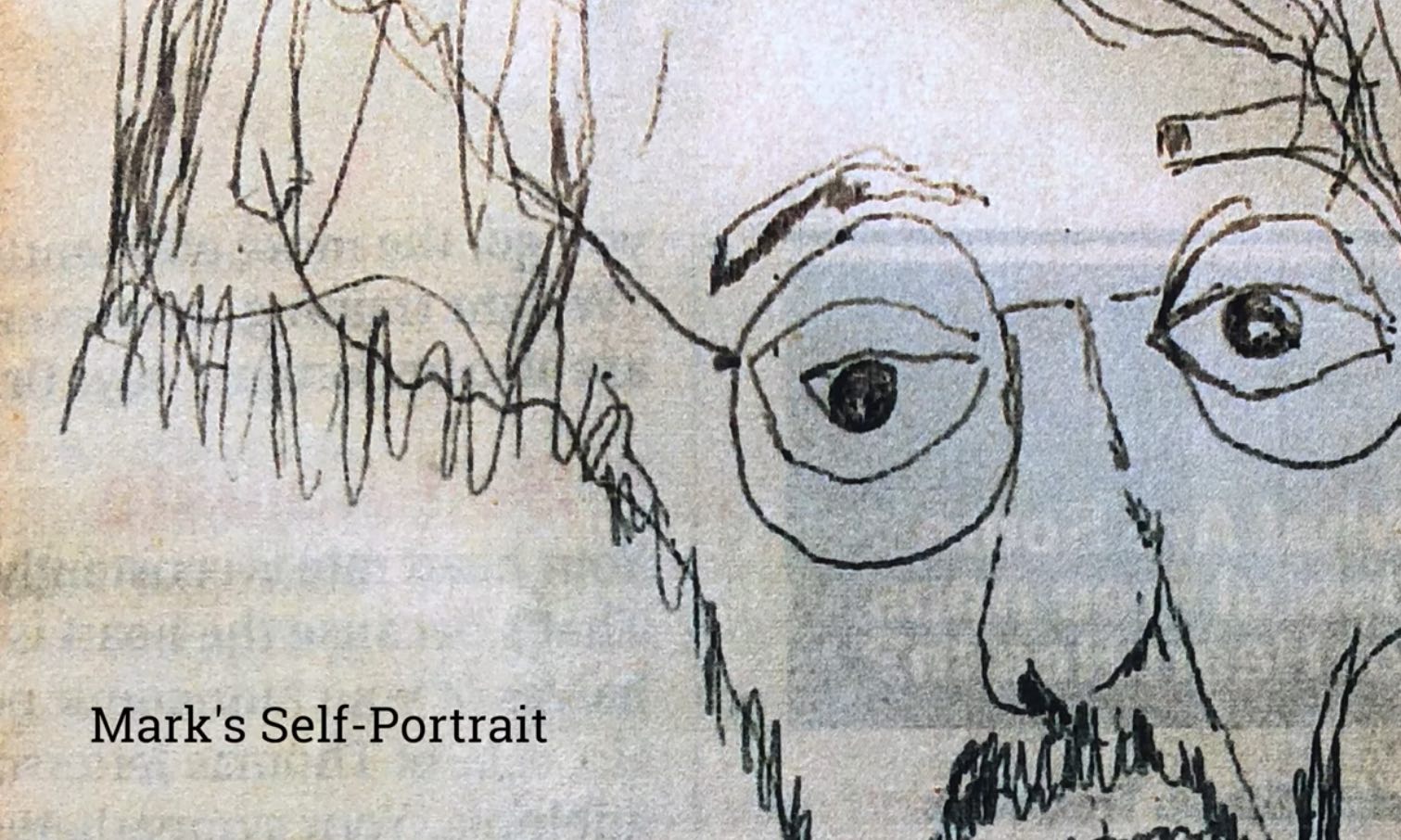
Despite our growing awareness of mental health conditions, the relationship between creativity and mental illness is often misunderstood. In this short film, Dr.
What’s Ahead for Your Child on the Autism Spectrum?
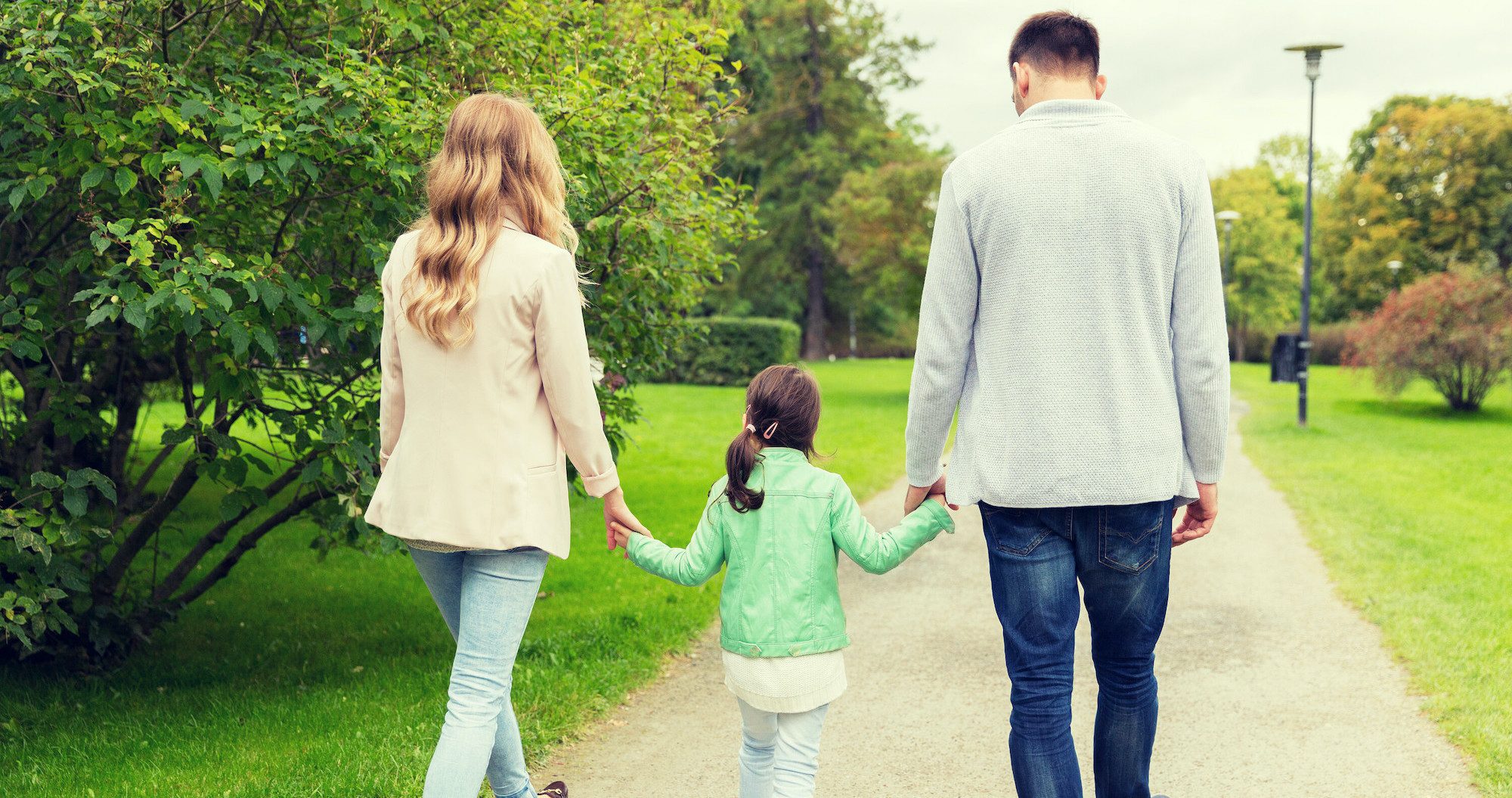
Perhaps the most pressing concern for parents who have a child with autism or a similar developmental issue is “What does the future hold?”
We don’t have a crystal ball. If we did, joining the circus and traveling the world telling fortunes might prove to be a more helpful career than academic medicine.
When Young People Lose a Hero to a Tragic Death

Most of us, young and old, were stunned by the tragic death of Kobe Bryant along with his daughter. Whether you are a Laker’s fan or not, Kobe represented something more, including for young people.
Tom Brady said it this way in a Twitter statement:
“And in this tragedy, I have learned so much.
AsperDad: Growing Up With a Parent on the Autism Spectrum (Maybe)
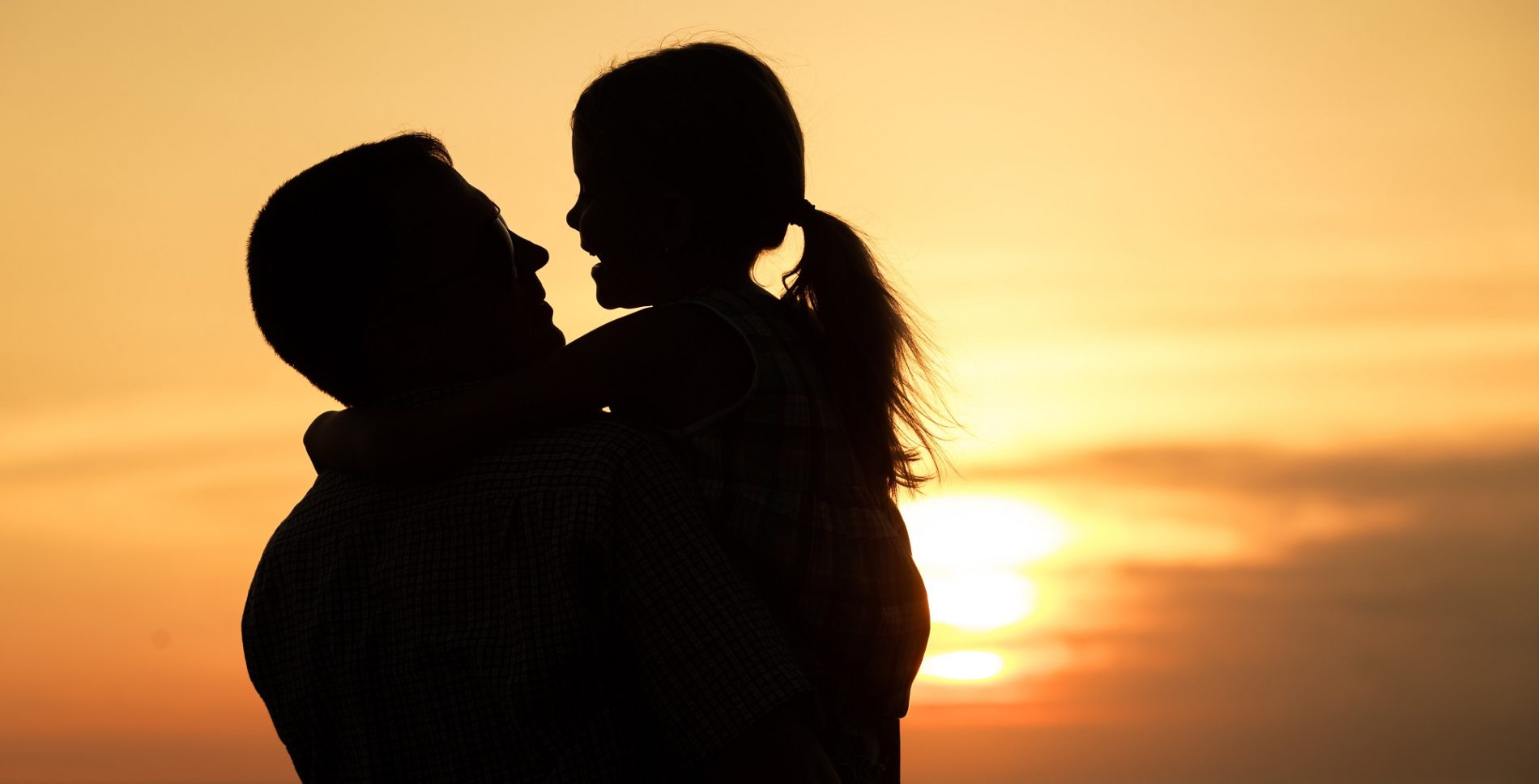
This blog post is part of a series entitled Real Lives, Real Stories.
The following person’s account of his/her personal experience has been published with her consent to support the mission of The Clay Center for Young Healthy Minds, and to let others in similar situations not feel so alone.




